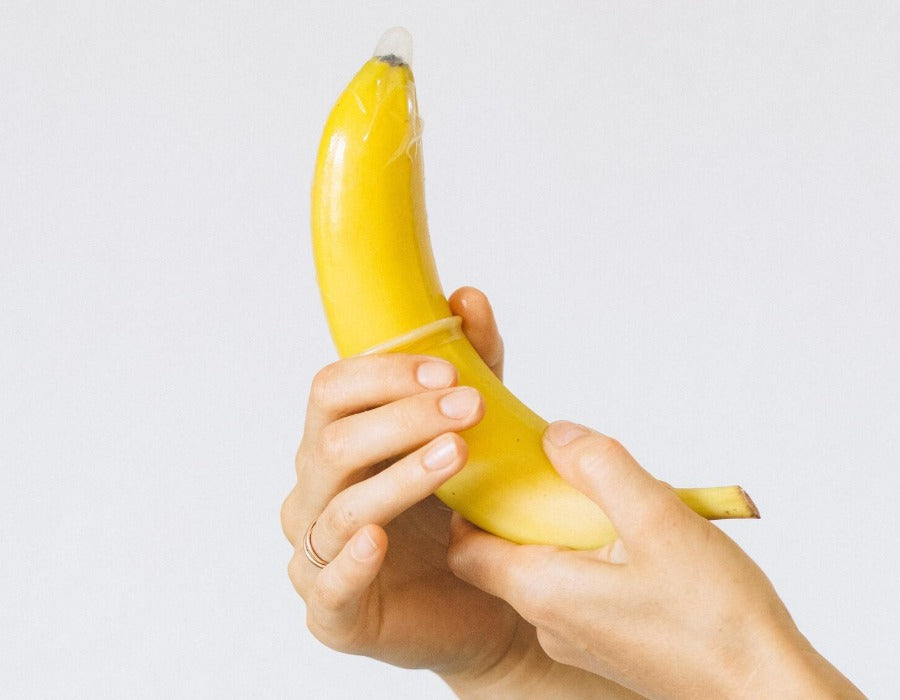International Women’s Day: in 2019, it’s a zany, zesty and serious-by-turns celebration of the Sisterhood. But from Britain to Bahrain, it’s always worth remembering what we’re still fighting for, especially when it comes to sex, relationships and our bodies. Here, we give you a run-down of the four biggest issues holding back women today.
1. Period poverty
Dealing with your period shouldn’t be a big deal. But for some women it’s a real barrier to liberty. In 2019, around half of all the women and girls in the world menstruate with no access to tampons or pads. In Nepal, women are banished to huts during their period due to stigma, while in Africa, it’s been reported that 1 in 10 girls misses school during their period.
Even the UK, 1 in 4 girls cannot afford menstrual products – tissue paper, socks or other items of clothing make do for tampons.
And while the UK government has pledged to end period poverty by 2030 – and donated some $2 million to tackle the problem globally – critics such as Amika James who started the Free Periods campaign is mounting a legal challenge to the UK government, saying it’s nowhere near enough.
While sisters with a smartphone await the release of the period emoji this spring (how much easier will it be to explain why we’re feeling lousy or might need to attach SharkWeek’s ingenious period sex sheet protector?), others are supporting those whose basic dignity to a good period is at stake. Bloody Good Period will continue to source products for refugees whose menstrual needs are generally forgotten about while delivery service Pink Parcel includes a pre-paid envelope for you to send any products you have left at the end of the month which they then donate to women and girls in basic need.

2. Abortion
Safe abortion: it’s considered by the UN to be a human right – and yet 26 countries in the world forbid it in any circumstances. Only 37 per cent of the world’s 1.64 billion women of reproductive age able to access it without restriction.
It’s a devastating thought that at a time in your life when you need compassion and non-judgmental medical care, even a liberal attitude does not guarantee your safety – some 23,000 women a year die from unsafe abortion, according to the Guttmacher Institute.
And while British women might take for granted that abortion is legal (even if it does require a doctor signing you off as potentially at mental risk), the stigma of seeking it out remains – even the BBC wouldn’t include information on abortion services at the end of an episode of Call The Midwife recently.
Thankfully, there are women like campaigners Amelia Bonow and writer Lindy West who created the #Shoutyourabortion hashtag around to normalise the full gamut of feelings that arise when you terminate a pregnancy. And this International Women’s Day, you can listen to Amanda Palmer’s new single ‘Voicemail for Jill’, which features one woman’s sisterly reach-out to a friend exercising her human right.
3. Sexual violence
Whether it’s armed conflict, or domestic abuse, sexual violence against women is both a serious public health issue and a human rights issue. In fact, the UN estimates that in some countries up to 70 per cent of women have experienced physical or sexual violence from an intimate partner. Across the globe, 137 women are killed by a partner or family member every single day.
Engaging men and boys to end violence is vital. Kudos to this brilliant Brazilian campaign from Plan International which engages young men as agents of change in their communities, and to White Ribbon International, the only coalition of men and boys against violence against women. Male allies to celebrate on International Women’s Day.

4. Work vs home balance
Women need balance in order to thrive. And balancing caring with career is crucial for both their success and their sanity, and not just on International Women’s Day.
But did you know that the balance between home and life is still holding women back, even when they work flexibly? A recent German study by the Hans Boeckler Foundation found that women who work from home end up doing both more paid work and more child care. Meanwhile men who work flexibly don’t cave into the same domestic pressure and spend the same amount of time looking after their kids as those that venture into the office each day.
In fact, according to the Office of National Statistics, even women without children do more housework once married. And female breadwinners end up with partners that do even less once they start to earn more.
So what’s the solution? According to author Tiffany Dufu, it starts with women unleashing themselves from the hard-socialised habit of taking on domestic responsibility. Learning to delegate, accepting a ‘good enough’ standard and making room for ‘wine-time’ are all ways of unburdening.
And while there’s no ‘men for menial tasks’ influencer campaigning on Instagram just yet, it’s clear that men could just always step up – or volunteer to be chained up – to the sink for that extra two hours. On International Women’s Day, it could be one way to continue the Revolution.









































